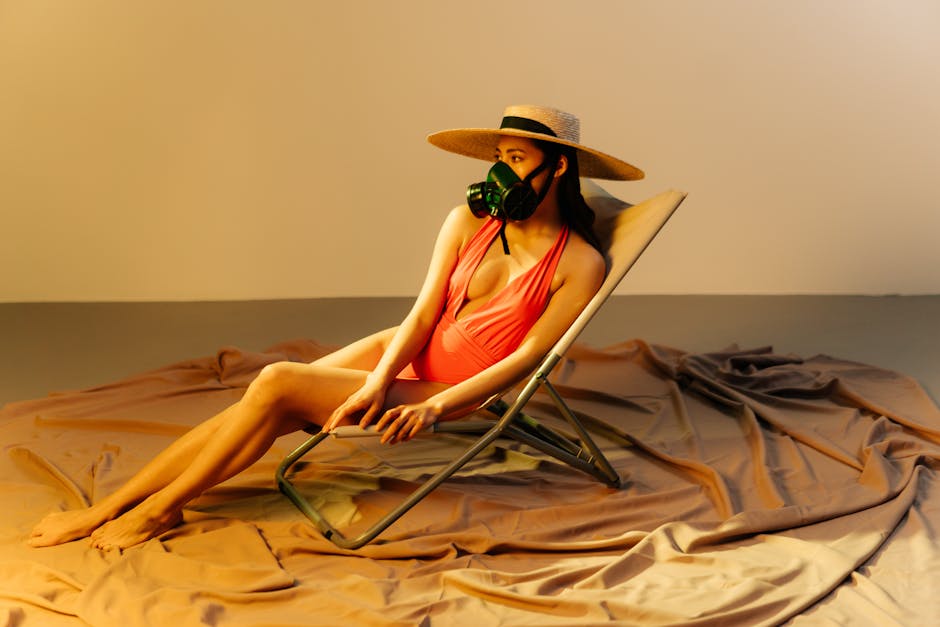
Unexpected Causes of Indoor Air Pollution
Indoor air pollution is a serious health concern that can have a significant impact on our well-being. We often think of outdoor pollution as the main culprit, but there are also unexpected sources of indoor air pollution that we may not be aware of. In this blog post, we will explore some of these surprising causes and discuss how we can improve the air quality in our homes.
1. Cleaning Products: Many cleaning products that we use on a daily basis contain harmful chemicals that can release volatile organic compounds (VOCs) into the air. These VOCs can irritate our respiratory system and contribute to indoor air pollution. Choosing eco-friendly and low VOC cleaning products can help reduce this source of pollution.
2. Building Materials: Some building materials, such as certain types of paint, plywood, and carpets, can emit toxic gases called formaldehyde. These gases can cause respiratory issues and worsen conditions like asthma. Opting for greener building materials can minimize the release of formaldehyde into the indoor air.
3. Cooking: While it's no surprise that cooking can create odors and particles in the air, it's important to note that certain cooking methods, like frying and grilling, can generate harmful pollutants. These pollutants, known as fine particulate matter, can enter our lungs and cause cardiovascular problems. Proper ventilation and using exhaust fans while cooking can help mitigate this issue.
4. Pets: We love our furry friends, but they can also be a source of indoor air pollution. Pet dander, saliva, and urine contain allergens that can trigger asthma and allergic reactions. Regular grooming, cleaning, and maintaining good ventilation can help reduce pet-related pollutants in the air.
5. Home Décor: Some home décor items, such as scented candles, air fresheners, and certain fabrics, may release chemicals known as phthalates. These chemicals can disrupt hormone production and contribute to poor indoor air quality. Opting for natural and fragrance-free alternatives can help minimize exposure to phthalates.
Improving the air quality in our homes is essential for our overall health and well-being. Consider taking steps to reduce these unexpected sources of indoor air pollution to create a healthier living environment.
